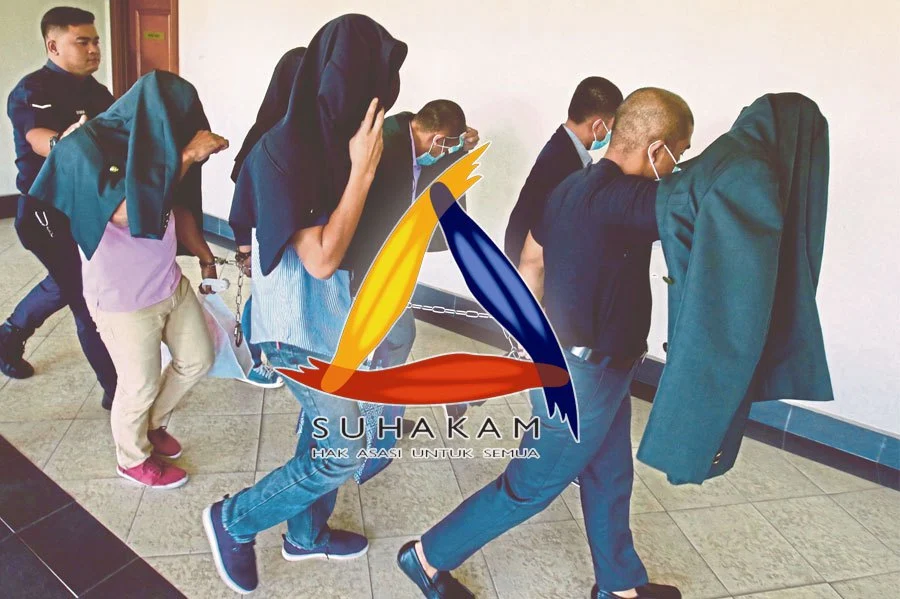SUHAKAM Opposes Death Sentence For Zulfarhan's Murderers
The human rights organisation said the ruling does not allow for the possibility of rehabilitation.
The Human Rights Commission of Malaysia (SUHAKAM) said the Court of Appeal's decision to sentence navy cadet Zulfarhan Osman Zulkarnain's murderers to death was a sombre moment in Malaysia's judicial history
In a statement yesterday, 25 July, SUHAKAM said it opposed the ruling despite acknowledging the severity of the crime and the ordeal endured by Zulfarhan's family.
Describing the death penalty as an unjust and ineffective solution, it said the punishment is irreversible and does not allow for the possibility of rehabilitation in the event of judicial error.
"It also goes against the global movement towards the abolition of capital punishment, which many countries have recognised as inhumane and a violation of fundamental human rights," it said.
SUHAKAM argued that rehabilitation should be the focus, allowing offenders to reform themselves into responsible and constructive members of society.
"This approach not only addresses the root causes of such violent behaviour, but also helps prevent future occurrences by promoting understanding, empathy, and social responsibility among offenders," it said.
SUHAKAM's statement comes after the Court of Appeal sentenced six former National Defence University (UPNM) students to death for Zulfarhan's murder
Zulfarhan was killed on 1 June 2017 after being bullied and tortured by former UPNM students Muhammad Akmal Zuhairi Azmal, Abdoul Hakeem Mohd Ali, Muhammad Najib Mohd Razi, Muhammad Azamuddin Mad Sofi Muhammad Afif Najmudin Azahat, and Mohamad Shobirin Sabri.
When Zulfarhan's body was found, 80% of it was covered in bruises and burn marks, as he had been tied up, beaten, and burnt with a steam iron for days.
Five of the six convicts were initially charged under Section 302 of the Penal Code for murder, while the other one was charged under Section 109 of the same law for abetting the murder.
However, in 2021, the High Court amended the charge to Section 304(a) of the Penal Code for culpable homicide not amounting to murder and sentenced them to 18 years in prison.
The Court of Appeal's decision on Tuesday, 23 July, reinstated the charge under Section 302 of the Penal Code, setting aside the previous 18-year jail sentence.
